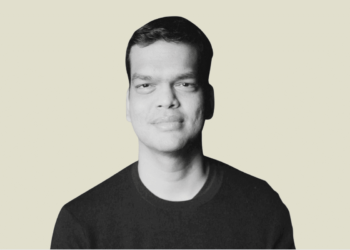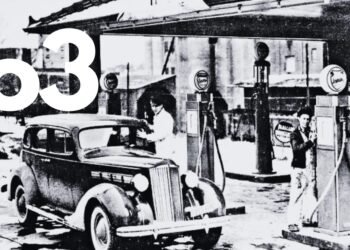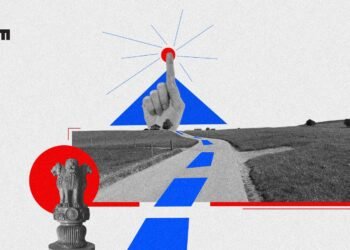On the morning of November 5, just hours before I was hit with the harsh reality that the world was about to become even more challenging for myself and my loved ones, I received an email from Kunal Lunawat, CEO and co-founder of Wildr. He described his app as a “troll-free, text-only” social media platform and wrote to me, “Given the historical importance of today, I had to reach out.” My initial reaction was to call bullshit.
As a tech journalist, I receive emails like this from startup founders all the time. They promise that their app will solve all our problems and use buzzwords like “game changer” and “turning point.” But more often than not, these promises fall flat. The urgency in their messages often masks the reality that their idea just isn’t that innovative, no matter how much they try to dress it up.
For decades, techies have been trying to create a “healthier” social media platform, whether it’s by ditching anonymity, hiding likes, or getting rid of bots. In Wildr’s case, they claim to have found the solution in AI. The app promises a “return to the basics” by using a text-only format that combines the best features of Reddit, Medium, and early Twitter. It promotes open communication, robust dialogue, and zero trolls, all monitored by AI that “nudges” users to post “frictionless” content. It’s a lofty goal, and one that I was skeptical about.
As the results of the election became clear, it was even harder to believe in Lunawat’s utopian dream. America was in the grip of Trump’s divisive rhetoric, and it seemed like the trolls had won. But then I caught myself. Faced with the reality of the next four years, I found myself wanting to believe in Lunawat’s vision, perhaps as a way to protect myself from the constant chaos and hysteria. So I emailed him back.
My biggest question for Lunawat, and perhaps for many of us, is what exactly a troll-free platform looks like. Social media is meant to connect us, but more than that, it offers the hope of opening up new perspectives and challenging our beliefs. These challenges can lead to a deeper understanding of the world and even change our minds, which is a good thing. But where do we draw the line between trolling and simply disagreeing with someone’s opinion?
According to Lunawat, there are clear boundaries. He defines trolling as deliberate and continuous abuse, including racial slurs, sexual harassment, and religious hate speech. These have no place on the app, and Wildr’s AI will flag and caution users before they post anything offensive. Speaking to me from his home in San Francisco, Lunawat also acknowledged the difficulty of drawing this line and the challenges of monitoring and enforcing it.
As I grapple with the reality of the next four years, Lunawat’s vision of a troll-free social media platform seems more appealing than ever. But the question remains: can it truly be achieved? Only time will tell.



















